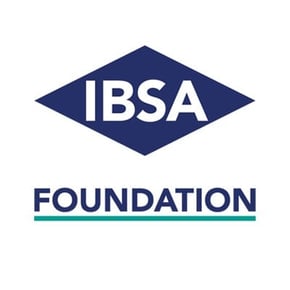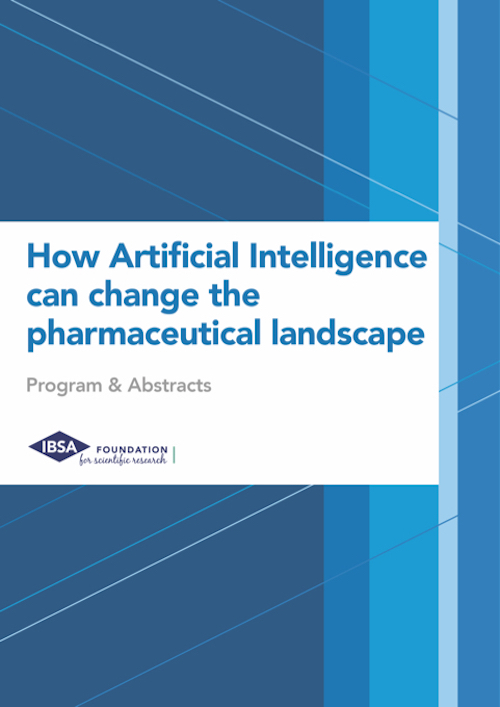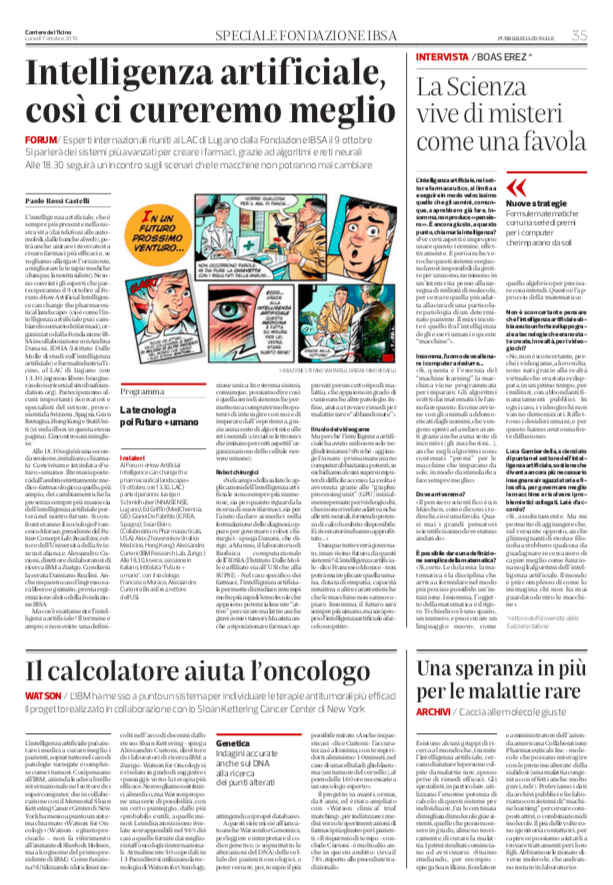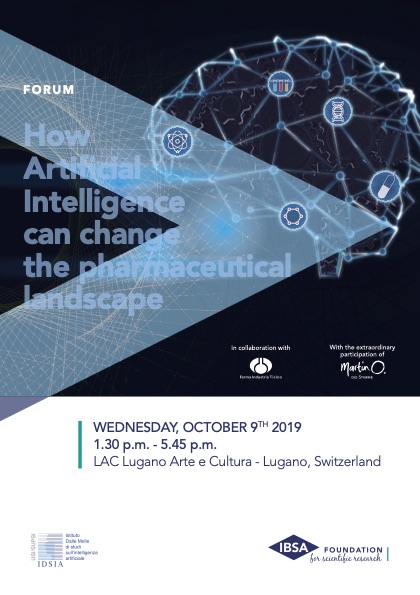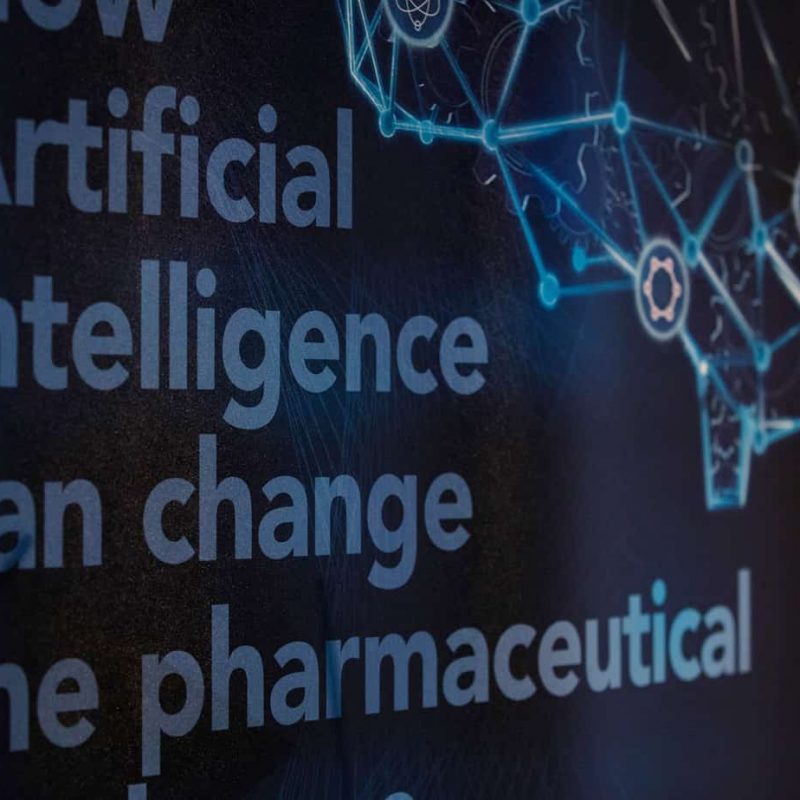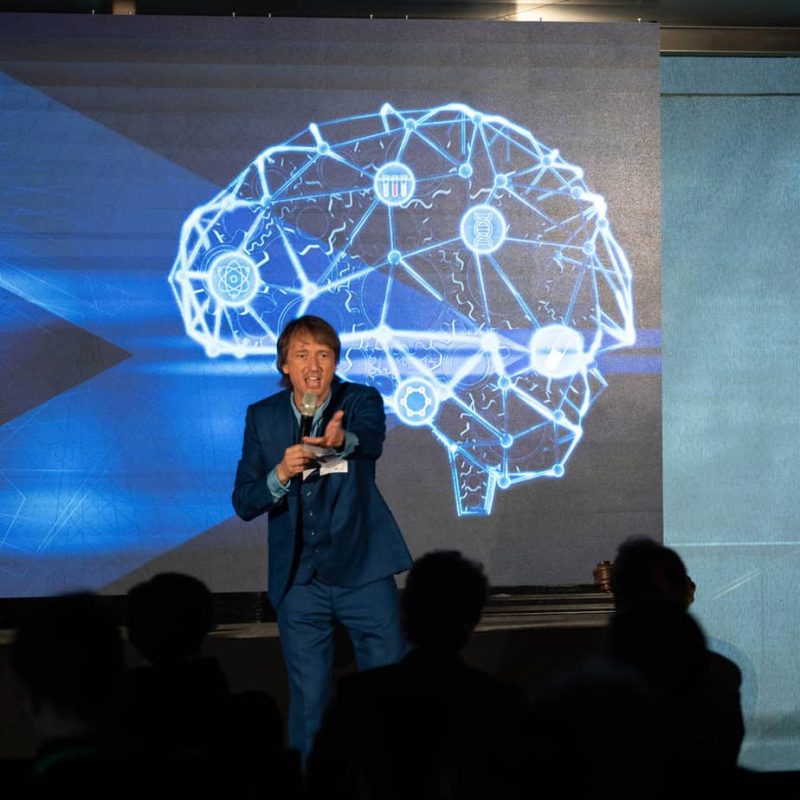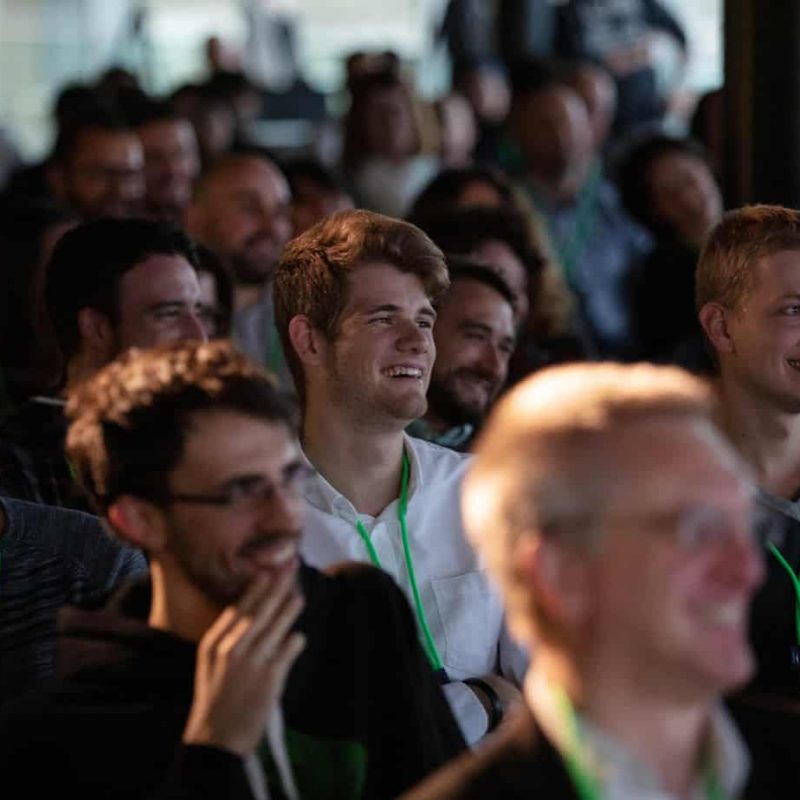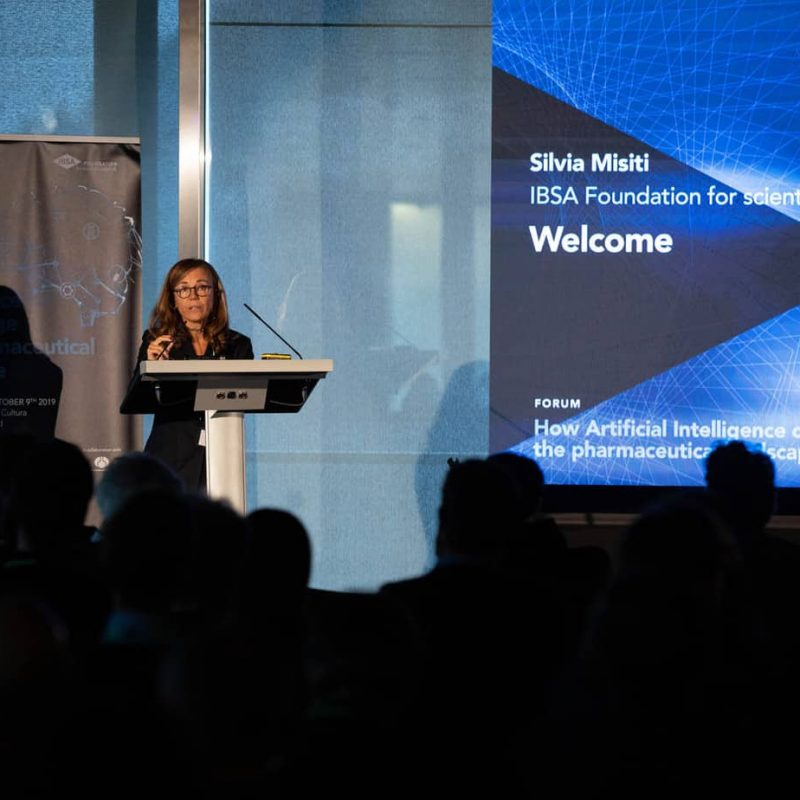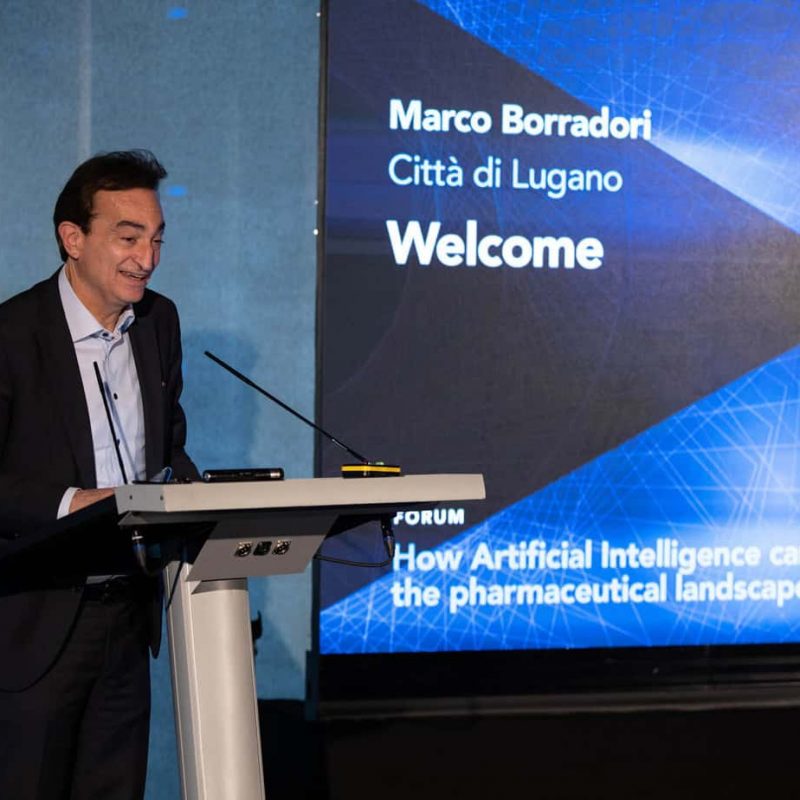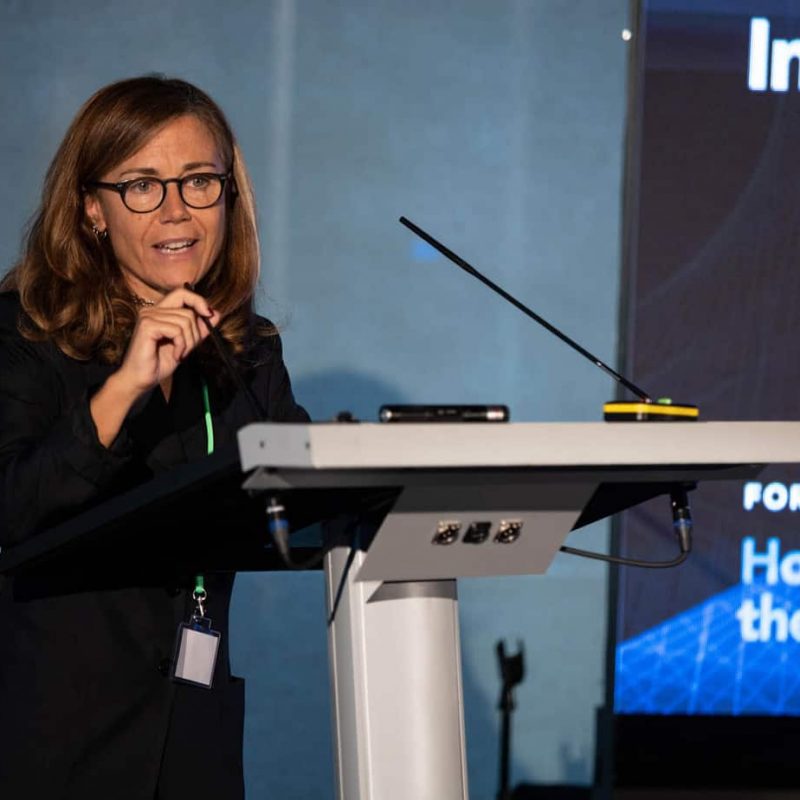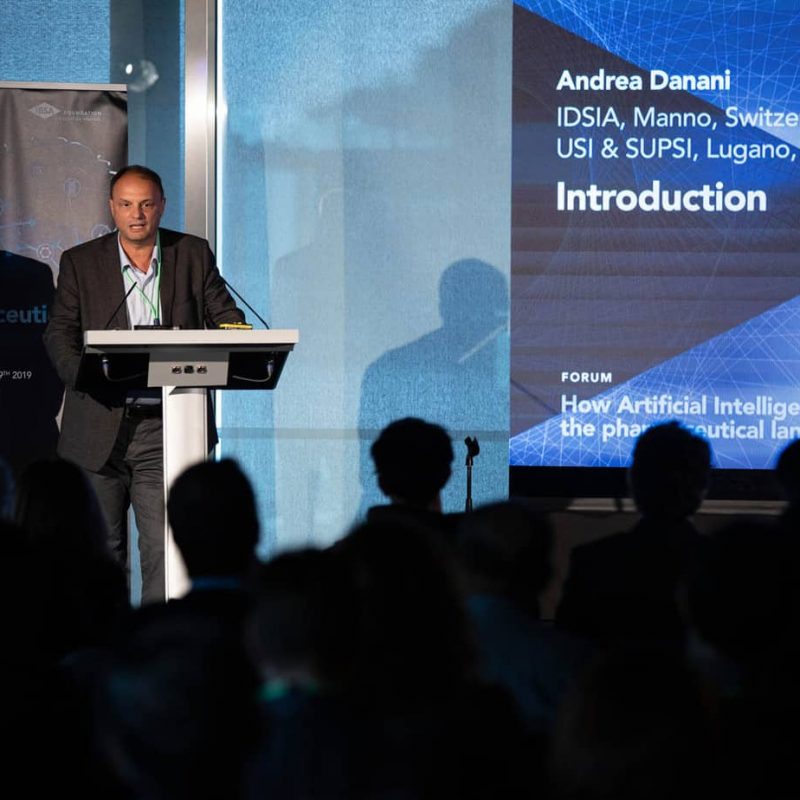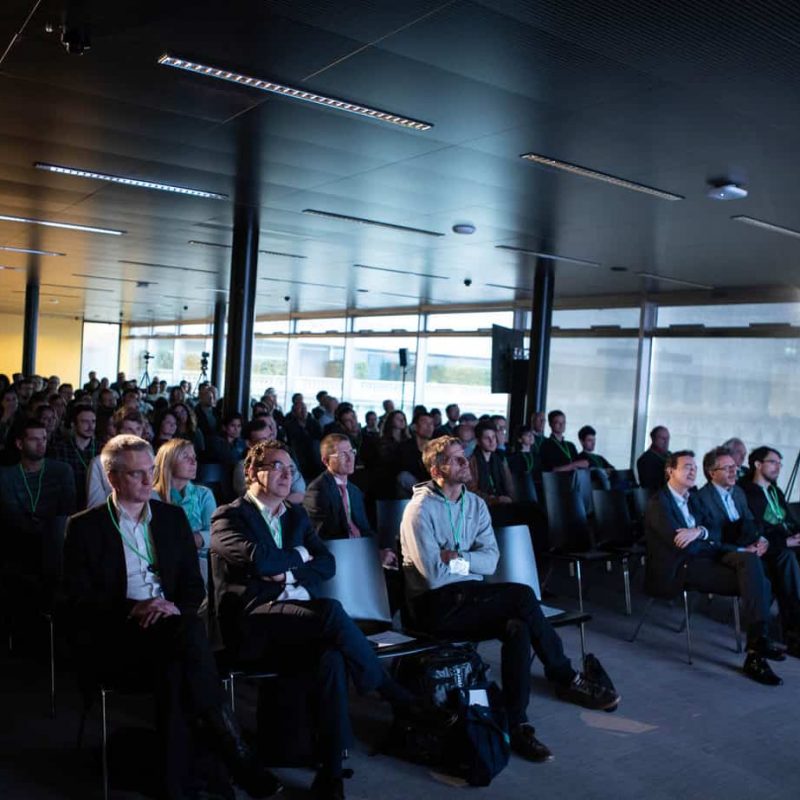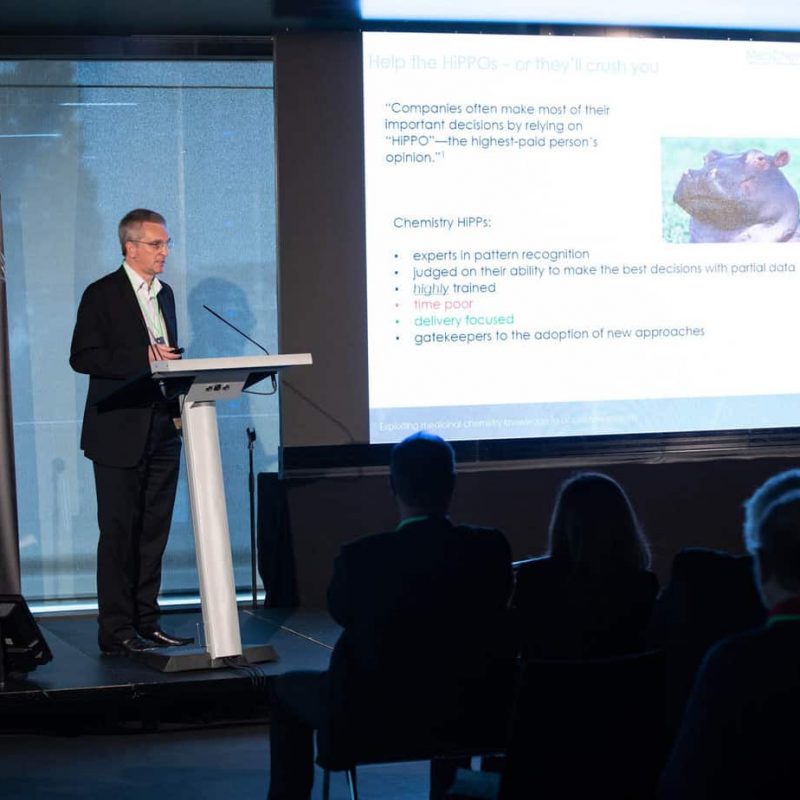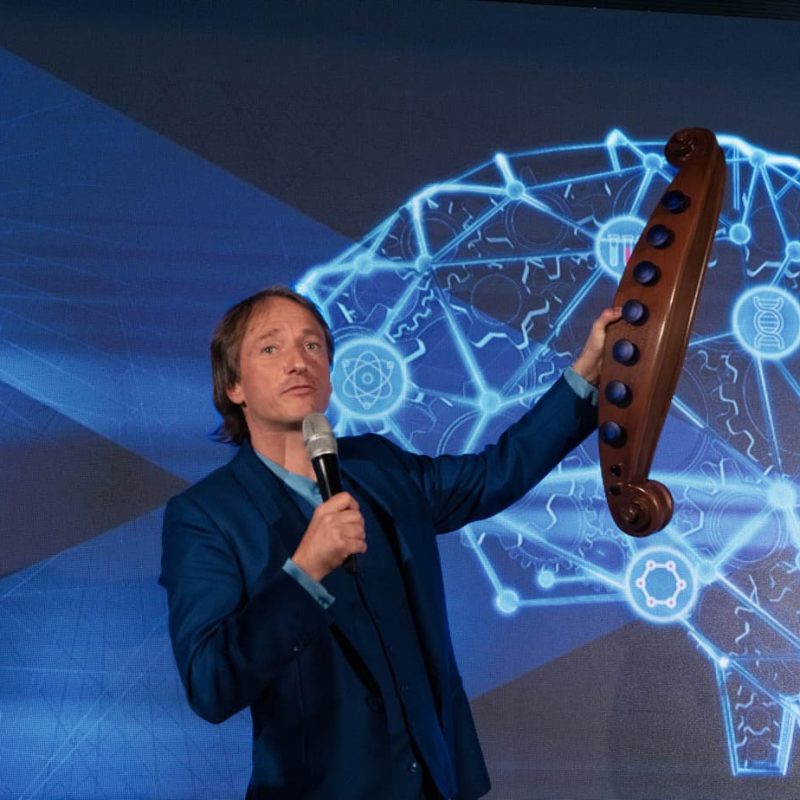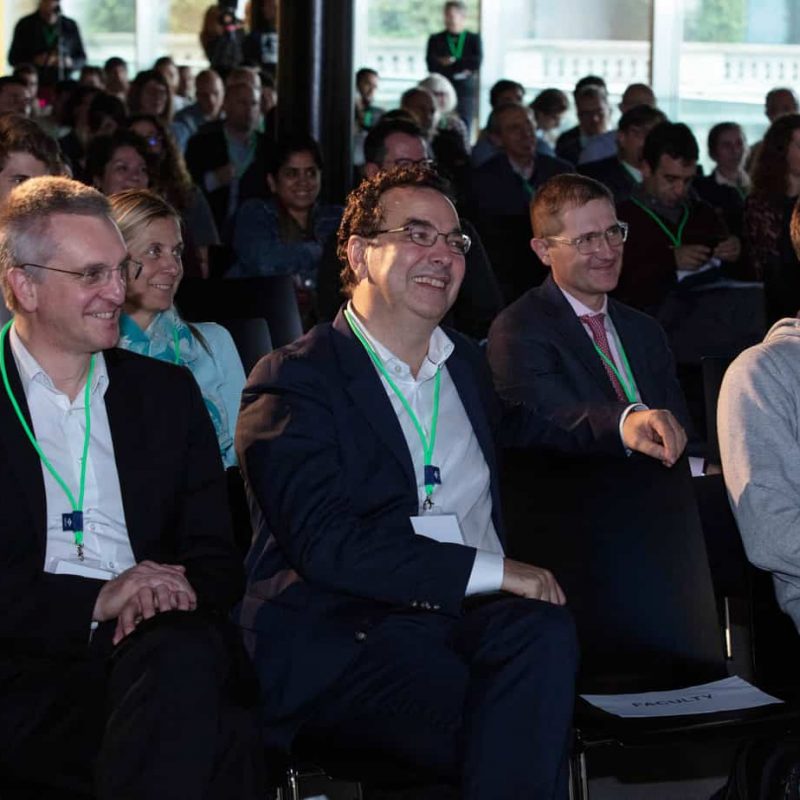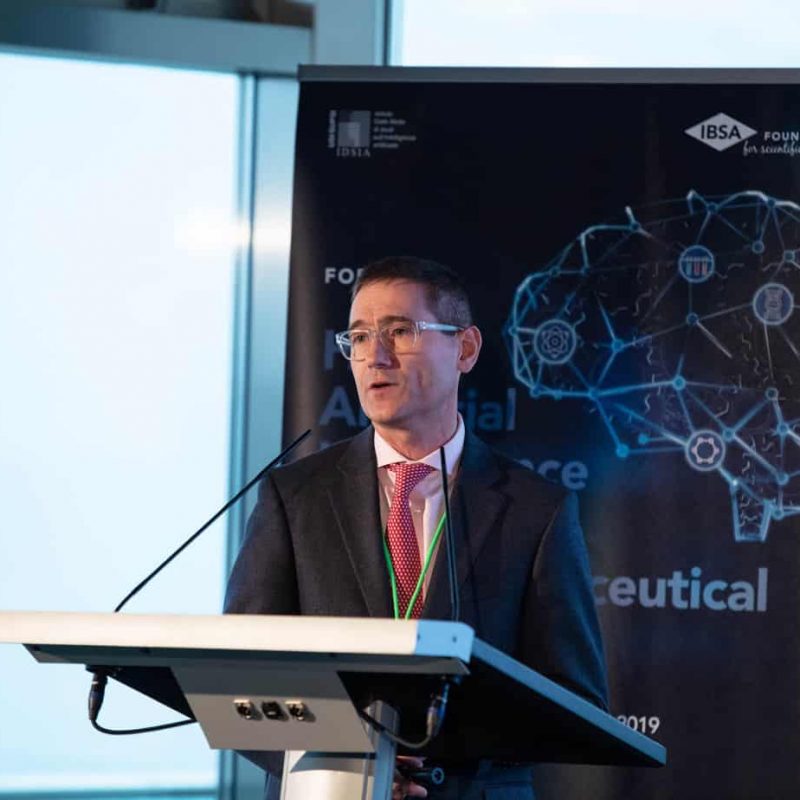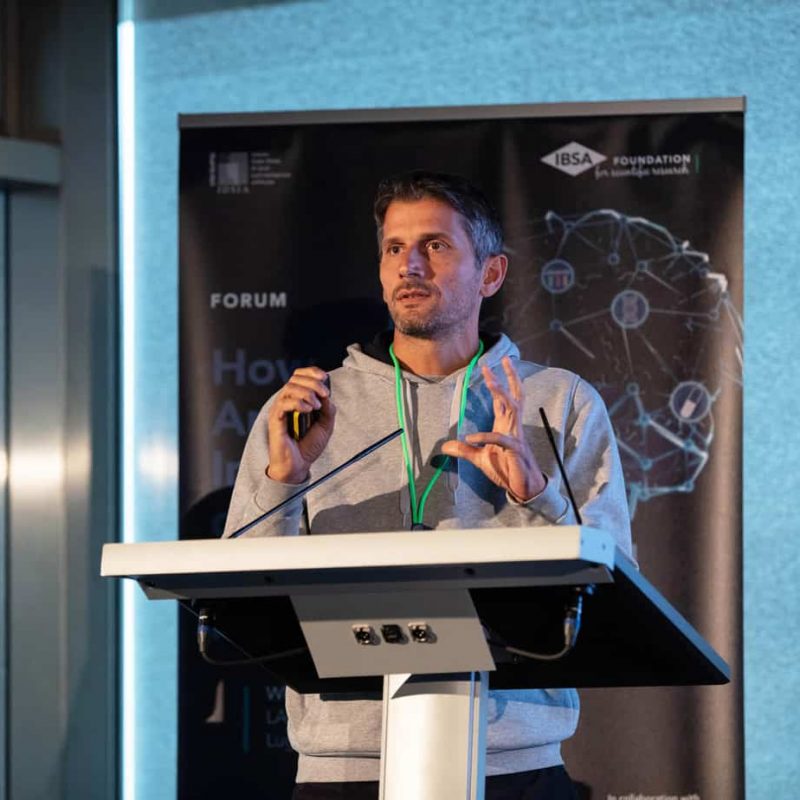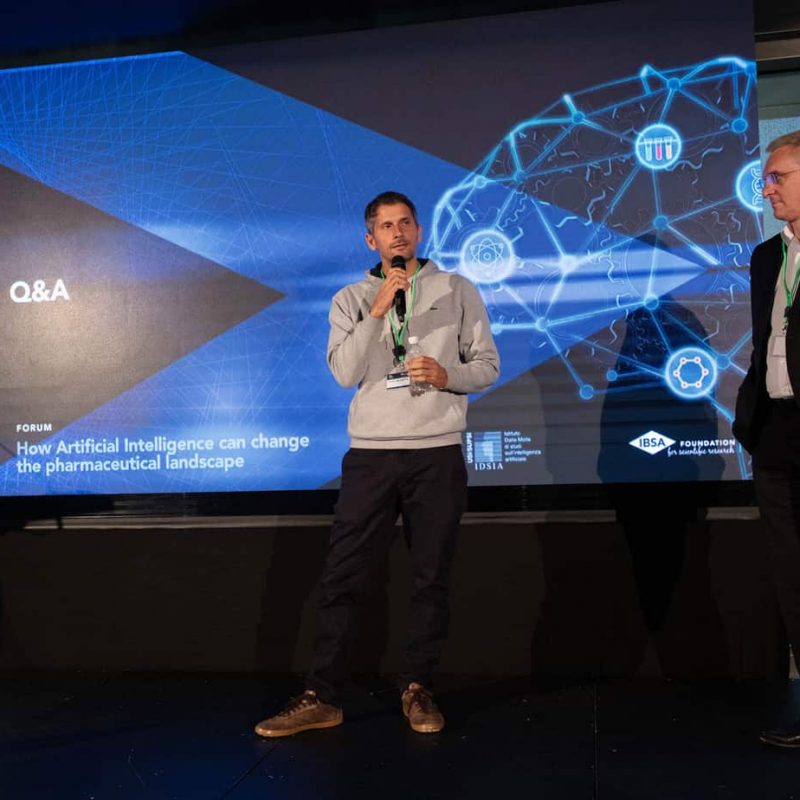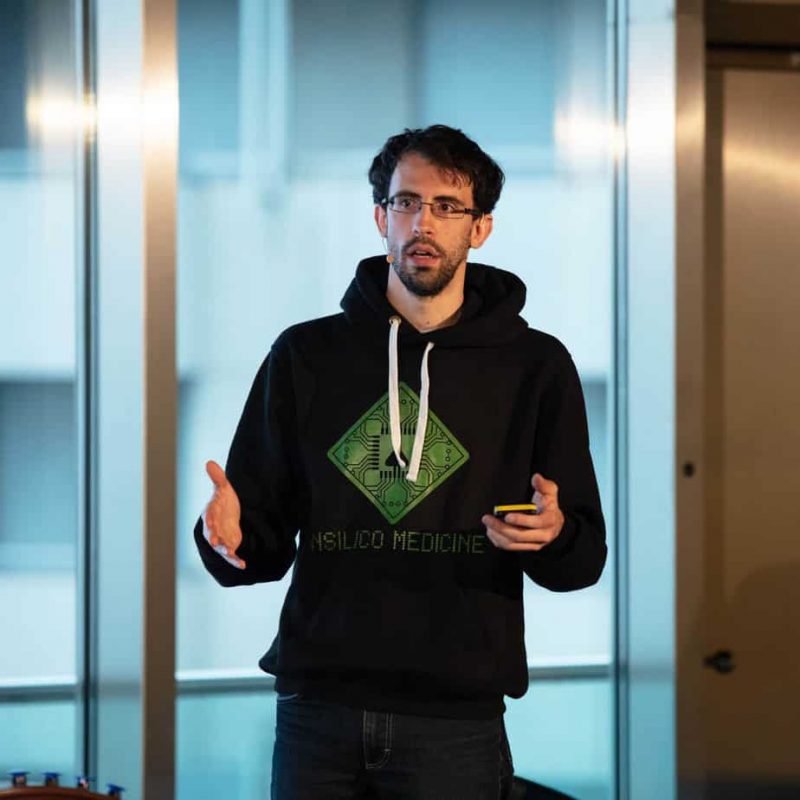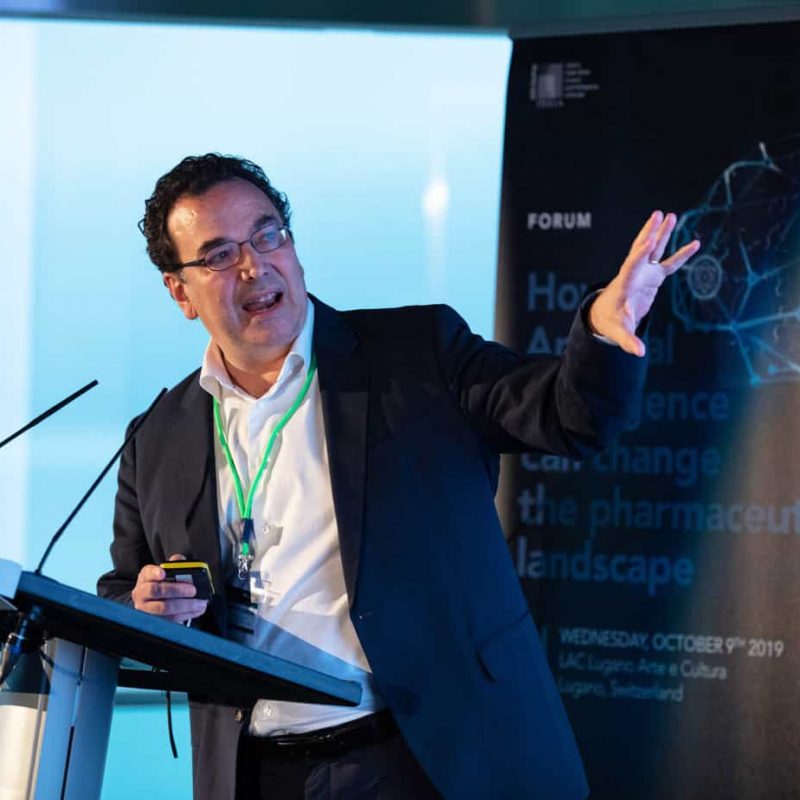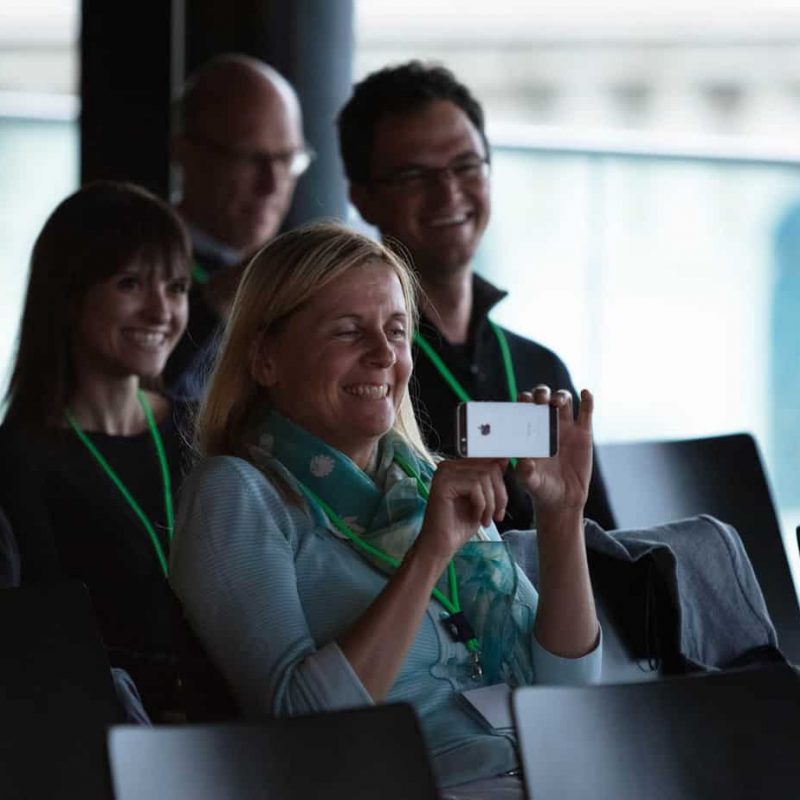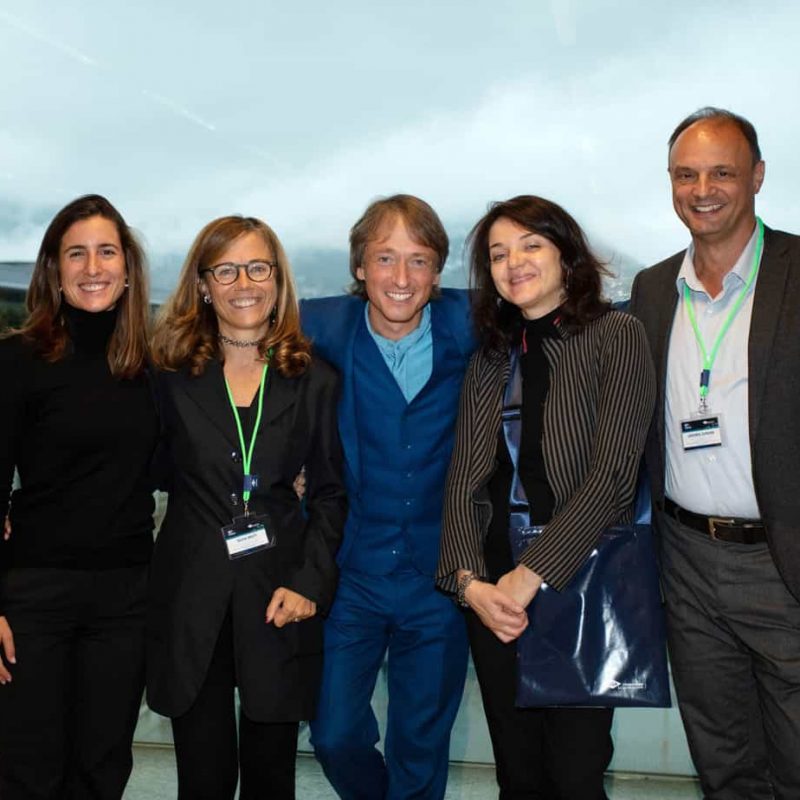Artificial Intelligence (AI) is gaining more and more importance in the pharmaceutical sector, deeply transforming the drug discovery process. There are many potential benefits of applying AI techniques to improve the development of new molecules and the identification of new targets, cutting R&D costs and time.
In drug discovery, AI helps in predicting the efficacy and safety of molecules. It gives researchers a much broader chemical pallet for the selection of the best molecules for drug testing and delivery. In this context, drug repurposing is another important area where AI can have a substantial impact. With the extensive amount of clinical and pharmaceutical data available to date, AI algorithms find suitable drugs that can be repurposed for an alternative use in medicine.
Moreover, with the help of AI, it becomes easier to run clinical tests, diagnose diseases and provide the most effective treatment for a particular disease. As it can interpret test results, AI can also look through various sources including publications to correctly diagnose critical ailments.
New approaches based on AI in the drug discovery process and in the repositioning of old molecules were presented during this Forum. We provided an overview of the sectors where AI might have an impact on the pharmaceutical pipeline and play a crucial role in the pharmaceutical world in the coming years.
The Forum was organized by IBSA Foundation in collaboration with Andrea Danani (Istituto Dalle Molle di studi sull’intelligenza artificiale-IDSIA, USI e SUPSI).
Location
LAC Lugano Arte e Cultura – Switzerland
Date
October 9, 2019
Press Review
click here to download the PDF
Speakers
- Juergen Schmidhuber, NNAISENSE Lugano, Switzerland; Swiss AI Lab IDSIA, Manno, Switzerland; USI & SUPSI, Lugano, Switzerland
- Ed Griffen, MedChemica Ltd., Biohub, Alderley Park, Macclesfield, Cheshire, UK
- Gianni De Fabritiis, ICREA, Barcelona, Spain; Universitat Pompeu Fabra, Barcelona, Spain; Acellera, Barcelona, Spain
- Sean Ekins, Collaborations Pharmaceuticals, Inc., Raleigh, USA; UNC Eshelman School of Pharmacy, University of North Carolina at Chapel Hill, Chapel Hill, USA
- Quentin Vanhaelen, Insilico Medicine, Hong Kong
- Alessandro Curioni, IBM Research Lab, Zurich, Switzerland; Swiss Academy of Engineering Sciences, Zurich, Switzerland
Forum’s Scientific Committee
- Andrea Danani, Istituto Dalle Molle di studi sull’Intelligenza Artificiale (IDSIA), Lugano, Switzerland; Università della Svizzera italiana (USI), Lugano, Switzerland; Scuola universitaria professionale della Svizzera italiana (SUPSI), Lugano, Switzerland
- Silvia Misiti, IBSA Foundation for scientific research, Lugano, Switzerland
Video interviews
RESEARCH WITH YET UNEXPLORED POTENTIAL
Andrea Danani – Istituto Dalle Molle di studi sull’Intelligenza Artificiale (IDSIA), Lugano, Switzerland; Università della Svizzera italiana (USI), Lugano, Switzerland; Scuola universitaria professionale della Svizzera italiana (SUPSI), Lugano, Switzerland
In the past, computational techniques were limited to several of the structural properties of molecules, drugs and proteins. Today with the new Artificial Intelligence techniques we can use new data – metadata – to find new relations that go beyond structural properties. This is very intriguing research, because we still don’t know its exact potential.
I find the activities of IBSA Foundation very important for the Ticino region. I am thinking, in particular, of the initiatives aimed at schools, where students below the age of 15 have the opportunity to understand better what science is.
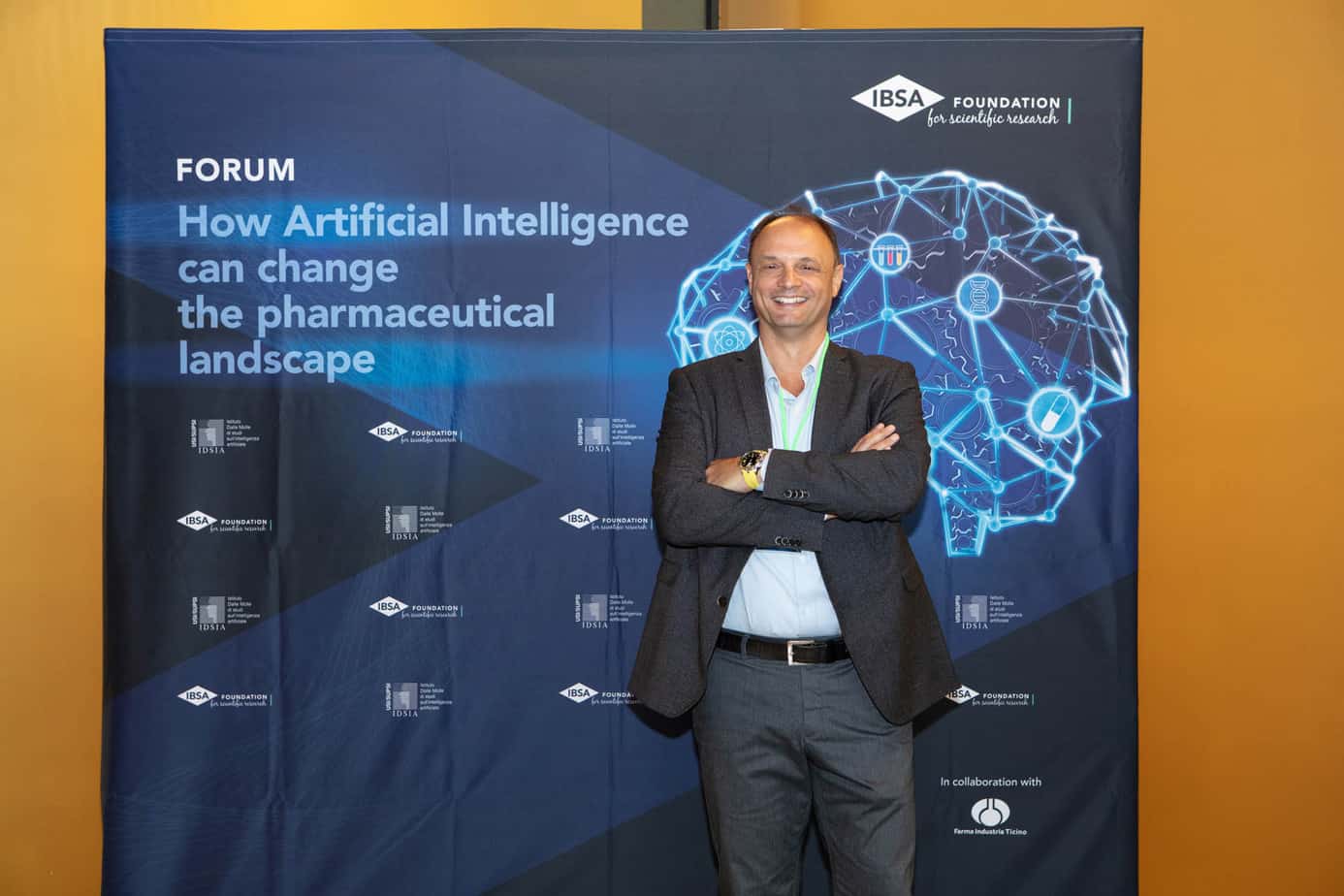
ARTIFICIAL INTELLIGENCE IMPROVES HEALTHCARE
Juergen Schmidhuber – NNAISENSE Lugano, Switzerland; Swiss AI Lab IDSIA, Manno, Switzerland; USI & SUPSI, Lugano, Switzerland
In 2012 my team in Lugano was able to win – for the first time in the history of medical research – a medical imaging contest to detect cancer cells. Usually for this kind of research you need to use a trained doctor, a trained histologist, that can tell the difference between harmless and dangerous cells. Our artificial neural network learnt to do the same thing, by being exposed to a large number of samples, and it is now a much better doctor than I could ever be. Everyone is now using these methods and we can confidently say that Artificial Intelligence is really improving healthcare.
By organizing conferences such as this one, IBSA Foundation is helping to spread the knowledge of Artificial Intelligence.
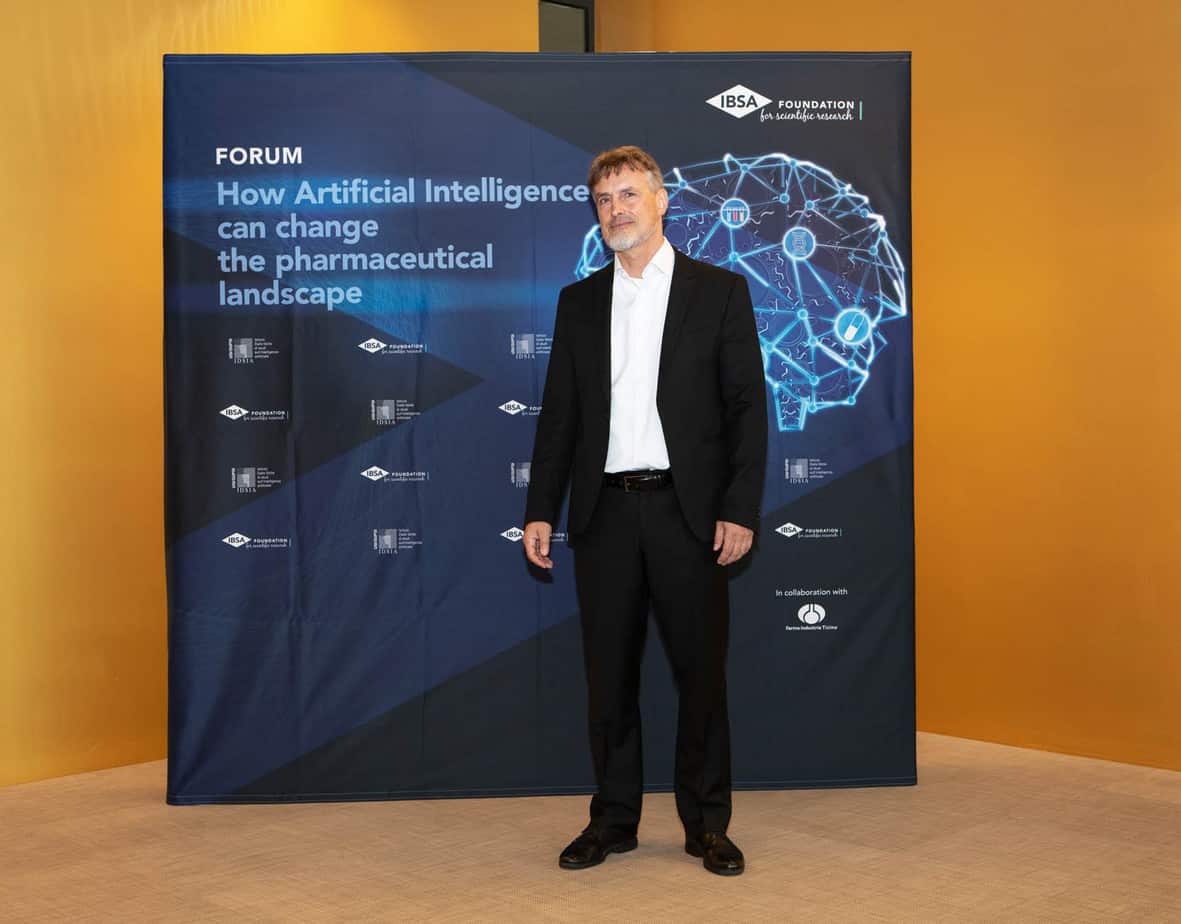
A GREAT IMPACT ON MEDICINAL CHEMISTRY
Ed Griffen – MedChemica Ltd., Biohub, Alderley Park, Macclesfield, Cheshire, United Kingdom
Medicinal Chemistry is the study of how you design new molecules to interact with biological systems and to change the disease progress. You have to make a lot of molecules at the moment to do so. Thanks to the applications of Artificial Intelligence, we can extract key knowledge from the data we have already gathered more quickly, considerably cutting the time and the amount of testing we have to do. And it means that today we can attack diseases that we couldn’t treat before.
At the moment I think the public has a very confused view of what is happening in many sciences, whether that’s climate change, the discovery of new drugs or Artificial Intelligence. The situation is not as brilliant as it appears in the popular press, nor is it as threatening as it is sometimes presented, and what IBSA Foundation can do in presenting science is critical in getting across realistically what science is about.
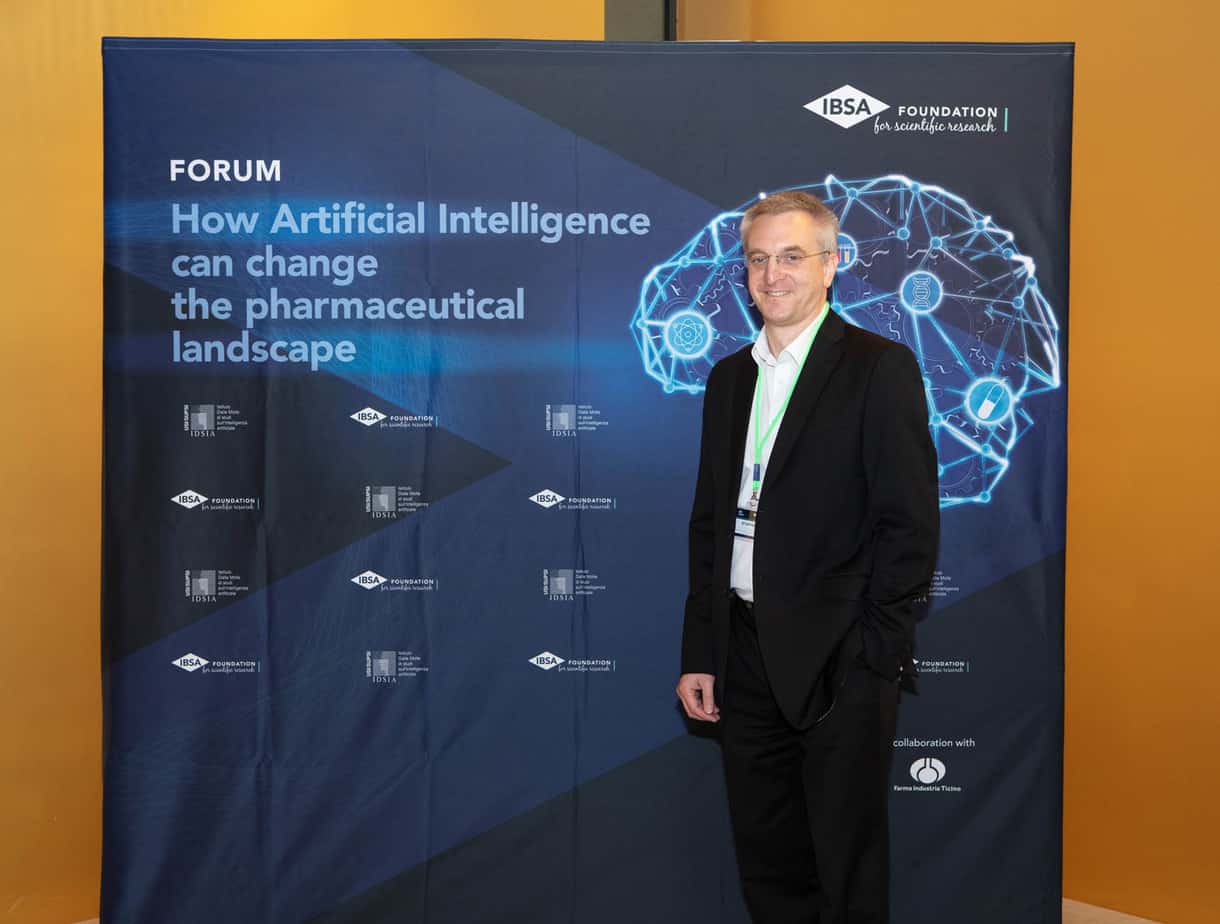
WE ARE APPLYING AUTOMATIC LEARNING TO PHYSICS
Gianni De Fabritiis – ICREA, Barcelona, Spain; Universitat Pompeu Fabra, Barcelona, Spain; Acellera, Barcelona, Spain
In our laboratories we work mainly to try and understand how we can improve physics modelling through automatic learning. Recently we have made a lot of progress in quantum simulations through Machine Learning. In another field of our research we work with learning approaches where you have some kind of intelligent behavior emerging from an actor which interacts with various kinds of environments – these can be anything from drugs to 3D reproductions.
This initiative is open and anyone can attend. There are very good speakers and those that want to join in can see and have a good panorama of the state-of-the-art of Artificial Intelligence.
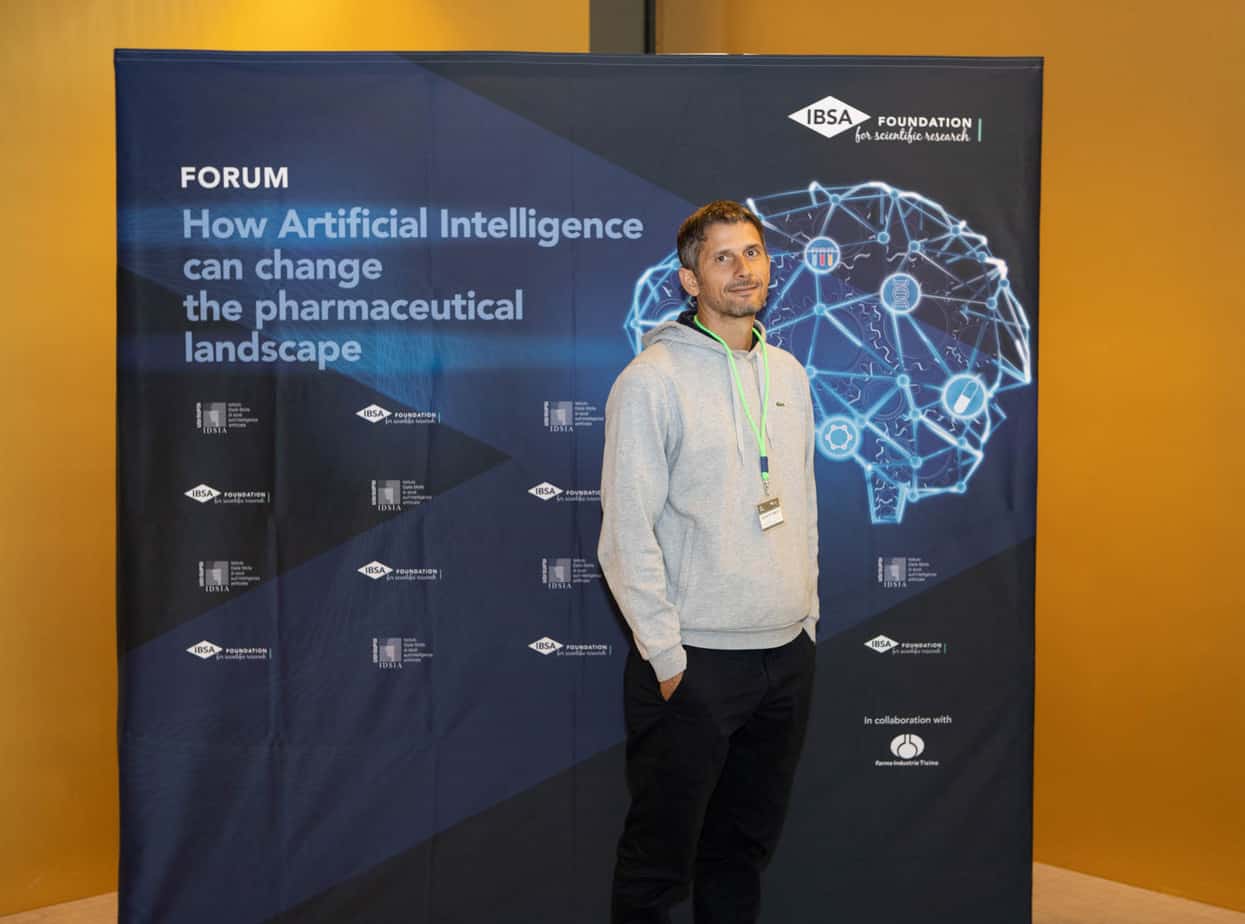
A NEW WAY OF DEALING WITH RARE DISEASES
Sean Ekins – Collaborations Pharmaceuticals, Inc, Raileigh, United States; UNC Eshelman School of Pharmacy, University of North Carolina at Chapel Hill, United States
I think that the biggest challenge is that there are about 7000 rare diseases and there just aren’t enough scientists to address them all. So at some point we have to use computational approaches to do some of that research. And now, with the increasing amounts of data out there, Artificial Intelligence is obviously the natural approach to doing that, also because we need help and funding for research into rare diseases.
I believe that initiatives like this Forum are very important in this day and age for increasing the awareness of science and explaining the impact it could have on society in the future. We have to do more, we have to involve scientists and to reach out to society in general.
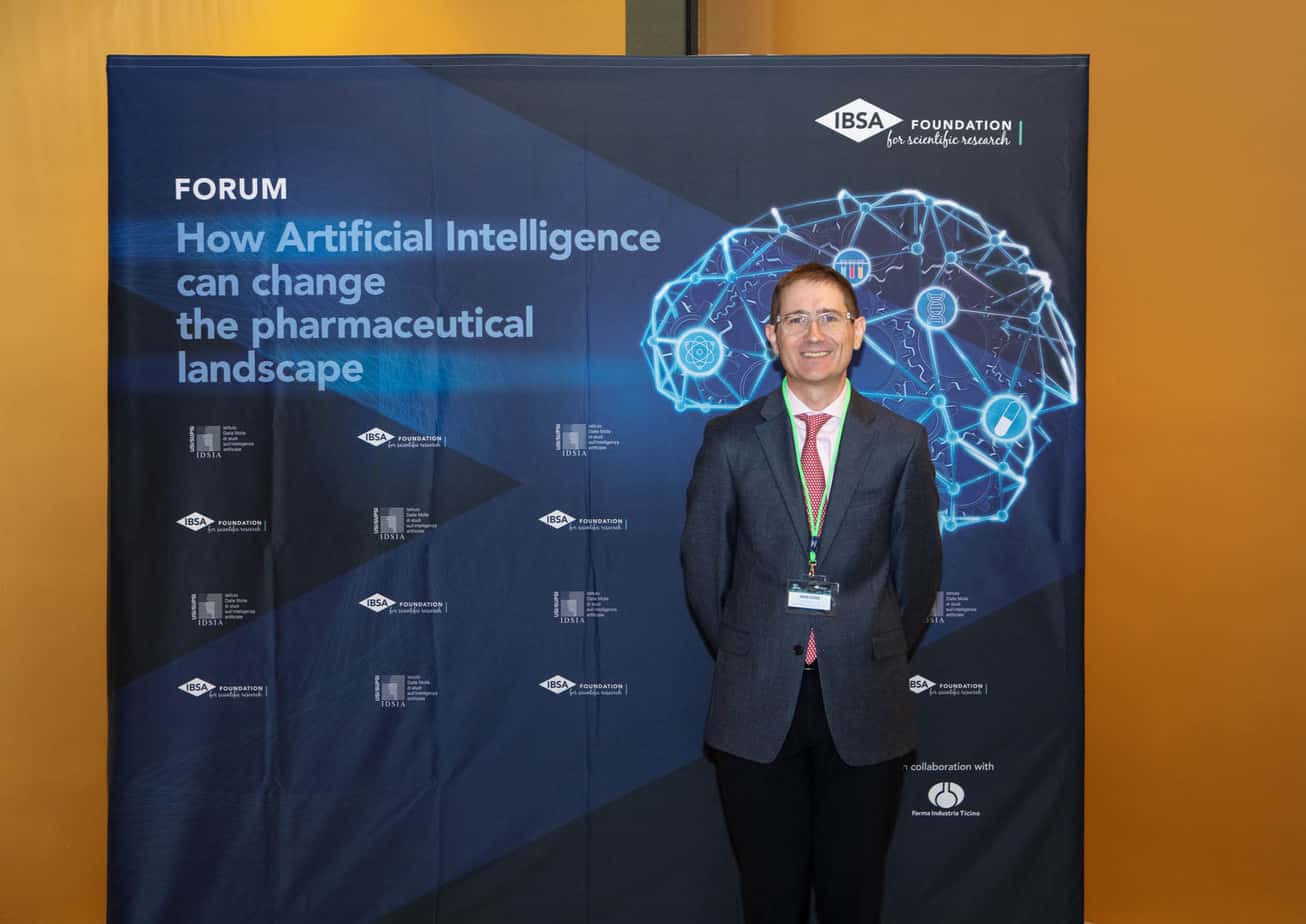
WE ARE SPEEDING UP THE DISCOVERY OF NEW DRUGS
Quentin Vanhaelen – Insilico Medicine, Hong Kong
My Institute is using Artificial Intelligence and deep learning to identify targets to treat certain diseases in a more effective way and also to generate new molecules that can be used against those targets in the pipeline. Thanks to this research we can accelerate the drug discovery process.
Many scientists are not always aware of what Artificial Intelligence really is: therefore initiatives like this Forum can actually help, as they present very reliable and very serious scientific work and studies, undertaken by many teams around the world.
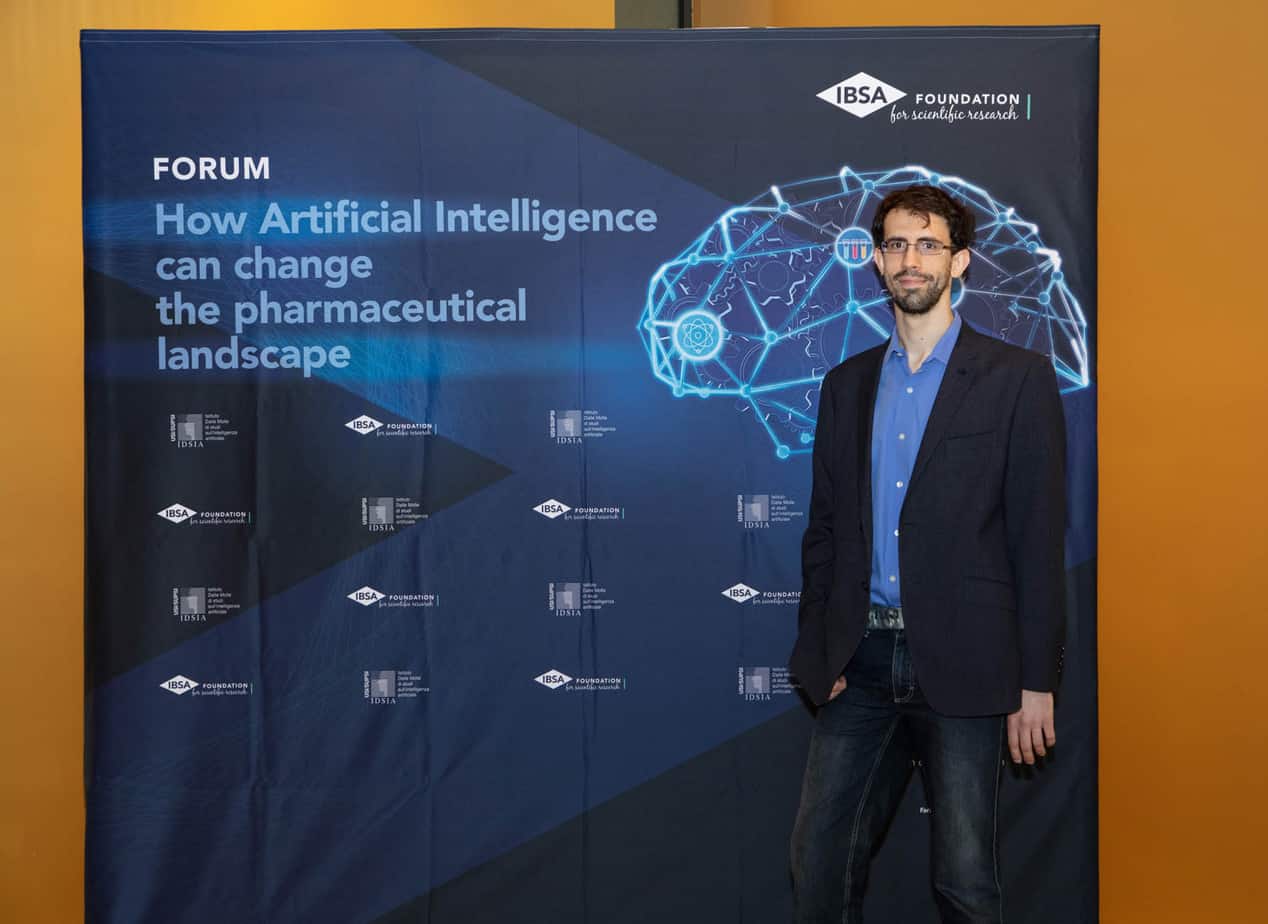
OBTAIN KNOWLEDGE TO MAKE BETTER DECISIONS
Alessandro Curioni – IBM Research Lab, Zurich, Switzerland; Swiss Academy of Engineering Sciences, Zurich, Switzerland
The Medical and Pharmaceutical sectors are constantly producing a lot of data, which contains an extraordinary amount of information and knowledge. The big challenge we are facing is that of using artificial intelligence models to understand and organize this data, so that we can gain the necessary knowledge to allow professionals to make the best decisions possible.
Scientific initiatives like this Forum, which brings together scientists and innovators of specific disciplines with the industry – are the best way of creating a solid future for science and business.
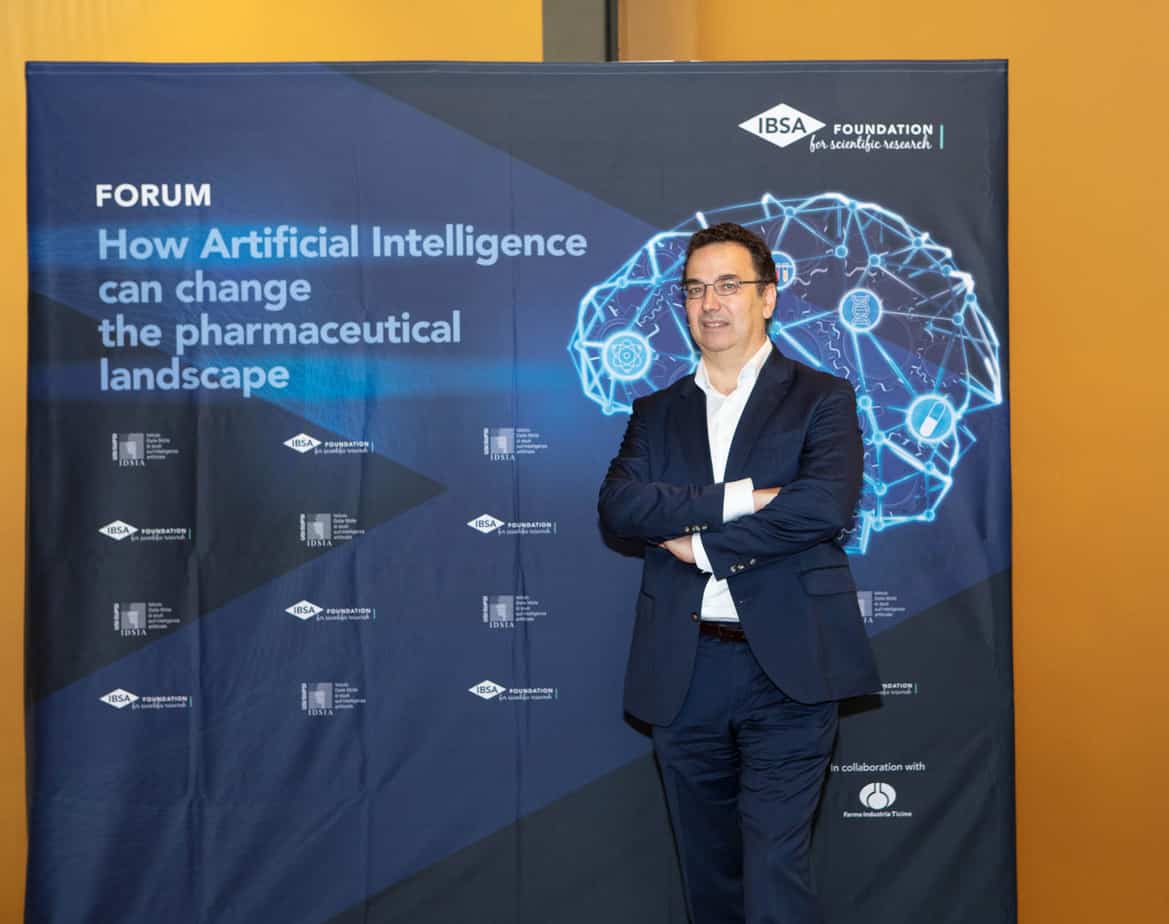
I WANT TO DISCOVER HOW ARTIFICIAL INTELLIGENCE INFLUENCES MY ART
Martin O. – Singer and Multimedia Musician, Switzerland
I do a special kind of art, a digital way to make music, therefore I am open to the use of Artificial Intelligence, even if I am not sure that I have an accurate “picture” of it in my mind. I am a little bit “laid back”, but I am also a little bit afraid, because this thing is deciding things for us: I don’t know what is going to happen with artificial content. I don’t know and I am really curious about it!
I have read all the articles from the Forum and I have understood that it is a huge theme. So, I think that anyone that comes to this Forum will be interested, because you can’t imagine before what information you will get there.
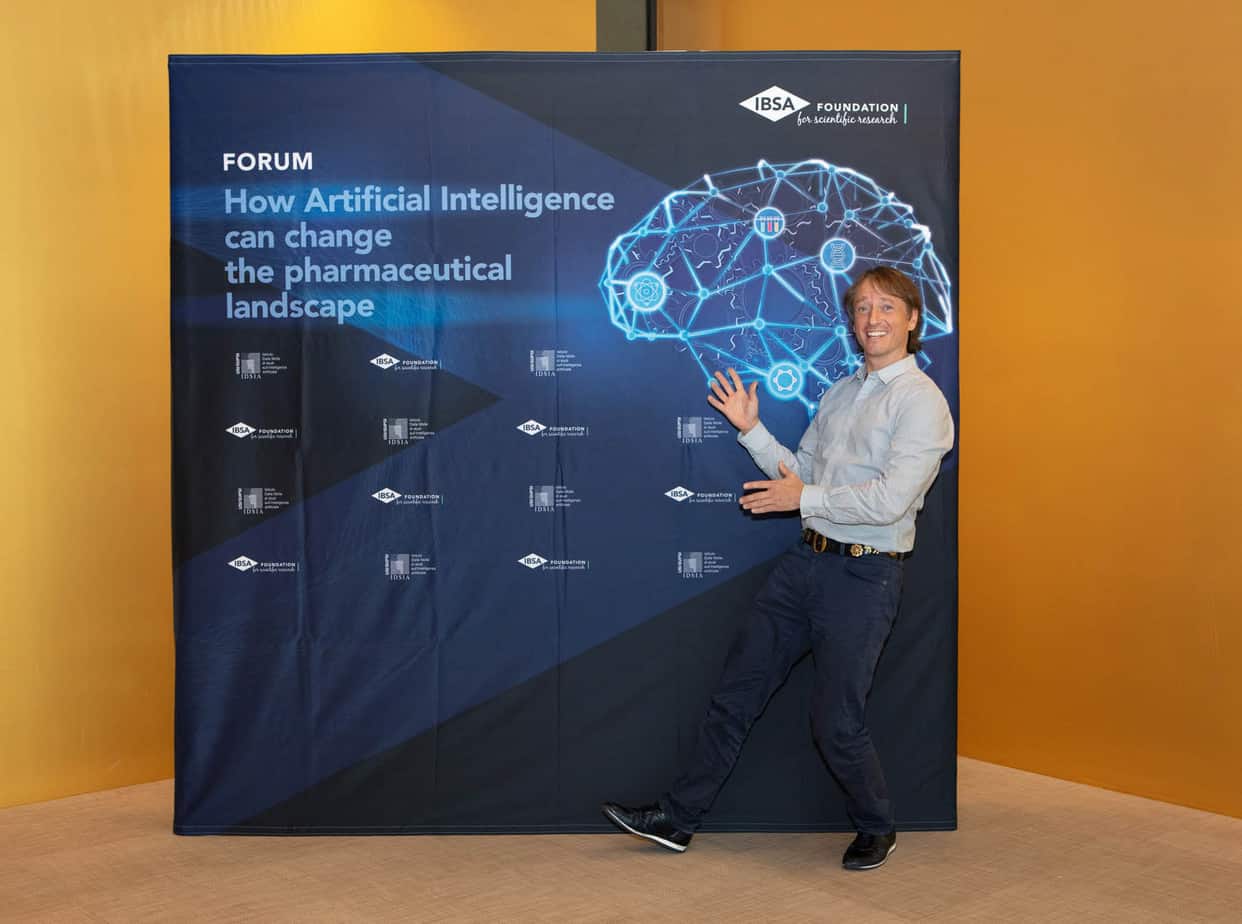
Video trailer
Entire video (part 1)
Entire video (part 2)
Photos
